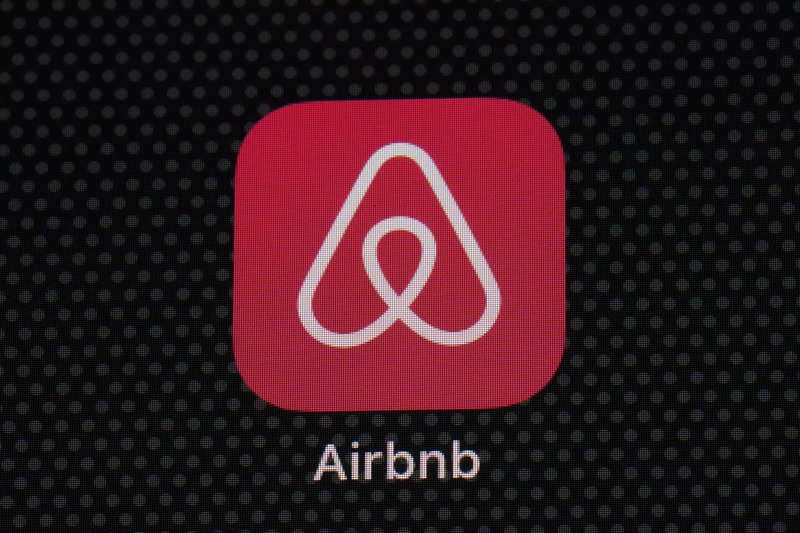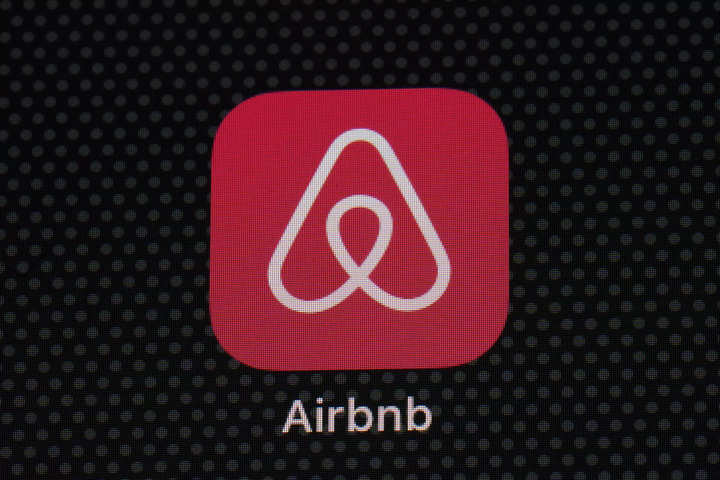

Short-term rental platform, Airbnb has filed a lawsuit against New York City over a new law. This new law, called a “de facto ban,” is against short-term rentals and is set to go into effect in July. The company says that this law will limit the number of people who can host rentals in the city.
According to the filing (spotted by Reuters), Airbnb’s annual net revenue in New York City in 2022 was $85 million. A previous law which went into effect in 2021 prompted 29,000 hosts to leave the short-term rental market in the city, the company notes.
Airbnb also added that more than 5,500 short-term rentals are booked for more than 10,000 guests in New York City in July. This law may become a challenge for the hosts to stay in the short-term rental market.
What the lawsuit says
The company’s filing in the New York State Supreme Court claims that this legislation passed by New York’s city council is “its most extreme and oppressive regulatory scheme yet.” The law that was passed in 2022, “operates as a de facto ban against short-term rentals in New York,” which was effectively implemented
In a letter to hosts, Airbnb said that the “filing comes only after exhausting all available paths for a sensible solution with the City.”
The filing claims that the law will make it more difficult for hosts to do business, requiring them to register with the New York City Mayor’s Office of Special Enforcement (OSE). Moreover, hosts also have to certify that they will comply with “the maze of complex regulations”. This includes zoning, multiple dwelling law and housing maintenance code as well as construction code.
Airbnb alleges that OSE application reviews will ensure “that only a minuscule number of hosts will ever be granted a registration”. The OSE is yet to respond to this lawsuit.
Furthermore, other city councils around the US have also started introducing ordinances to regulate short-term rentals. In some cases, hosts are required to get licenses, pay registration fees or limit the number of short-term rentals in business districts.
FacebookTwitterLinkedin
end of article